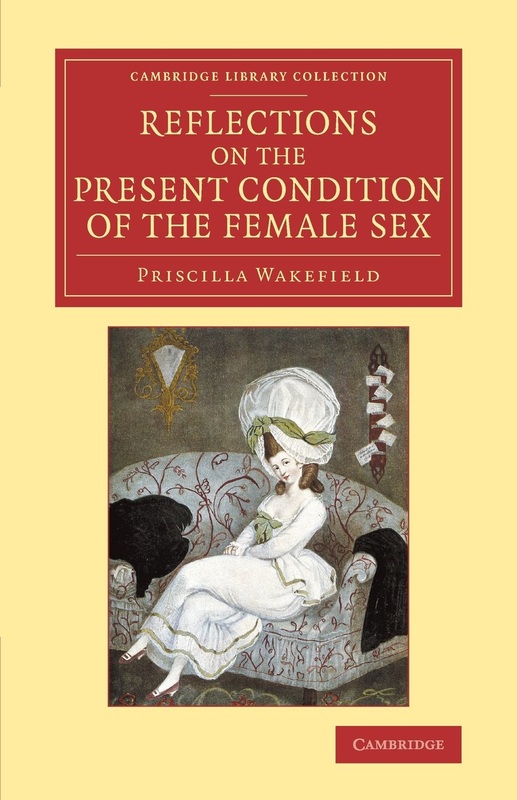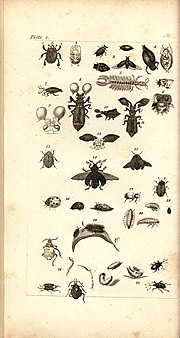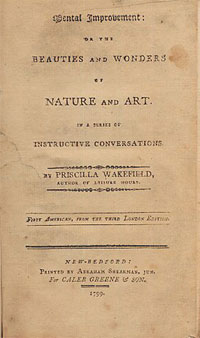Priscilla Wakefield: writer, economist and philanthropist
|
Priscilla Wakefield was a writer, feminist economist and philanthropist who lived in Ship Inn Yard just off the High Road at Tottenham Green during BG Windus’s childhood and youth.
She recognised the importance of the economic independence of women at a time when women lost all rights to their inheritance and fortune on marriage. In Reflection on the Present Condition of the Female Sex: with suggestions for its Improvement published in 1798 she argues that all useful labour is productive labour, and that the work of women, whether in the home or in the public sphere, is useful and productive. Adam Smith had disqualified women’s labour as non-productive since it provided services rather than material goods. She is credited with inaugurating the savings bank movement with the ‘Frugality Bank’ which she established in 1798 encouraging and enabling children, then their parents, to save their earnings. As a result Priscilla Wakefield has been referred to as the ‘Mother of Microfinancing’ by David Roodman of the Center for Global Development. A Quaker she wrote a number of travel and science books for children and was actively involved in the abolition of slavery and prison reform. She made frequent references in her diary to financial difficulties which resulted from unsound investments and ventures of her husband, on 14 October 1799 she wrote Necessity obliges me to write. She was a founder of the Lying-in Charity for Women in 1791 and established a School of Industry for Girls, close to Bruce Grove station in 1792. She was the aunt of the prison reformer Elizabeth Fry. |
For more information on forgotten heroine - Priscilla Wakefield




